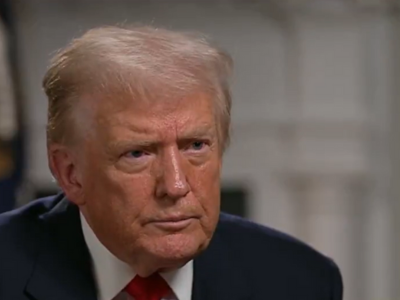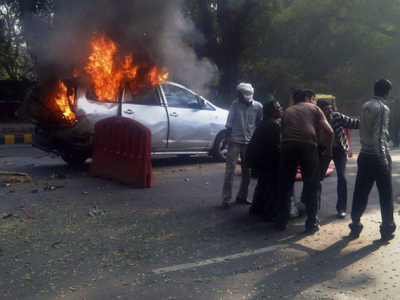Syria's Post-Assad Parliament Takes Shape Amid Representation Row
- by Editor
- Oct 07, 2025

Credit: Freepik
Syria has unveiled the results of its inaugural parliamentary election following Bashar al-Assad's ouster, with the 119-seat assembly overwhelmingly comprising Sunni Muslim men and minimal female or Christian inclusion, drawing accusations of elite favoritism in a process that sidestepped direct suffrage for pre-approved candidates.
Higher Committee for People's Assembly Elections spokesperson Nawar Najmeh announced the indirect vote outcomes, noting only four percent women and two Christians among winners—disproportionate to their societal shares—while Sunnis, at 75 percent of the population, dominate.
The 210-seat body, two-thirds filled by 6,000 regional college picks from vetted lists, leaves 21 seats empty in Kurdish northeast and Druze Suwayda due to security, with interim President Ahmed al-Sharaa appointing the rest.
Najmeh promised supplementary ballots and presidential selections to "compensate" minorities, rejecting quotas. Homs activist and new MP Nour al-Jandali underscored the "great responsibility" for a "state of freedom, citizenship, and justice," pushing women's policy roles.
The vote, part of a shaky transition after 14 years of war that killed hundreds of thousands and displaced millions, consolidates al-Sharaa's influence—who picks one-third—risking minority alienation.
Monday clashes in Aleppo between the army and U.S.-backed Syrian Democratic Forces killed three, stalling March 10 Kurdish integration pacts.













0 Comment(s)